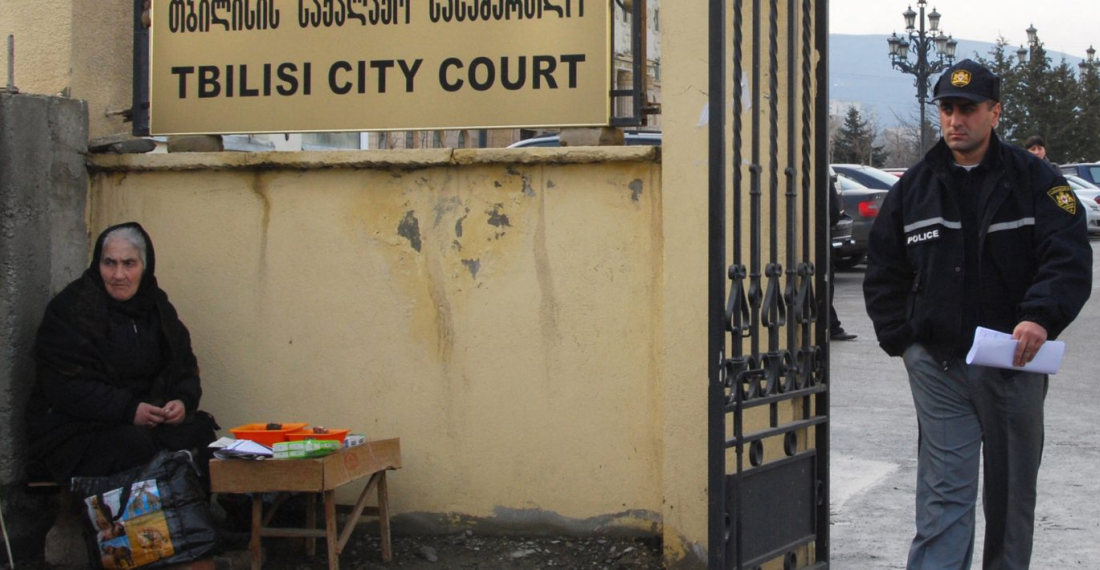The Georgian government appears to be increasingly scraping the bottom of the barrel, as it becomes increasingly authoritarian in a desperate attempt to hold on to power, amidst street protests and increasing popular discontent.
In the last days a number of prominent political leaders have been arrested on various charges, triggering widespread international condemnation. They join about 500 others arrested during the recent street protests. Human rights groups say that 300 of them were subjected to torture.
In the last days, four opposition leaders: Giorgi Vashadze, Zurab Japaridze, Badri Japaridze and Mamuka Khazaradze, have been jailed, whilst another prominent opposition leader, Nika Gvaramia, is in pre-trial detention. On Friday, Nika Melia, one of the leaders of Coalition for Change, was jailed for eight months by a court in Tbilisi and former opposition MP Givi Targamadze was given seven months.
All of the jailed politicians have been convicted of refusing to testify before a parliamentary commission and barred from holding public office for two years.
After last October's parliamentary elections, the opposition accused the ruling Georgian Dream party of stealing the vote. Since then, for nearly two hundred nights, popular protests have been held in Tbilisi and other Georgian cities. Young people have been prominent in the protests, particularly angry at the decision of the Georgian Dream government to halt the process of accession to the European Union. Georgians have since protested in central Tbilisi every night, demanding new elections and the release of all prisoners arrested during the rallies.
The government then set up an investigative parliamentary commission into the "alleged crimes" of the previous government before Georgian Dream came to power in 2012, specifically the period covering Georgia's war with Russia in 2008.
Failing to comply with a "lawful request" by a parliamentary commission is a criminal offence under Georgia's criminal code. Opposition politicians have refused to testify, partly because of their boycott of parliament, but also because they reject it as a politically motivated attack on government critics.
Prime Minister Irakli Kobakhidze told parliament on Friday that the commission was doing very important work exposing a previous government that was "entirely built on crime".
"Everyone must understand once and for all that there is no place for criminals in Georgian politics."
But political observers consider the latest wave of imprisonment of well-known politicians as an indication that the Georgian Dream government is now scraping the bottom of the barrel in its attempt to hold on to power. Many Georgians are convinced it will fail.
source: commonspace.eu with BBC (London) and agencies
photo: Tbilisi City Court (picture courtesy of Amnesty International, London).







